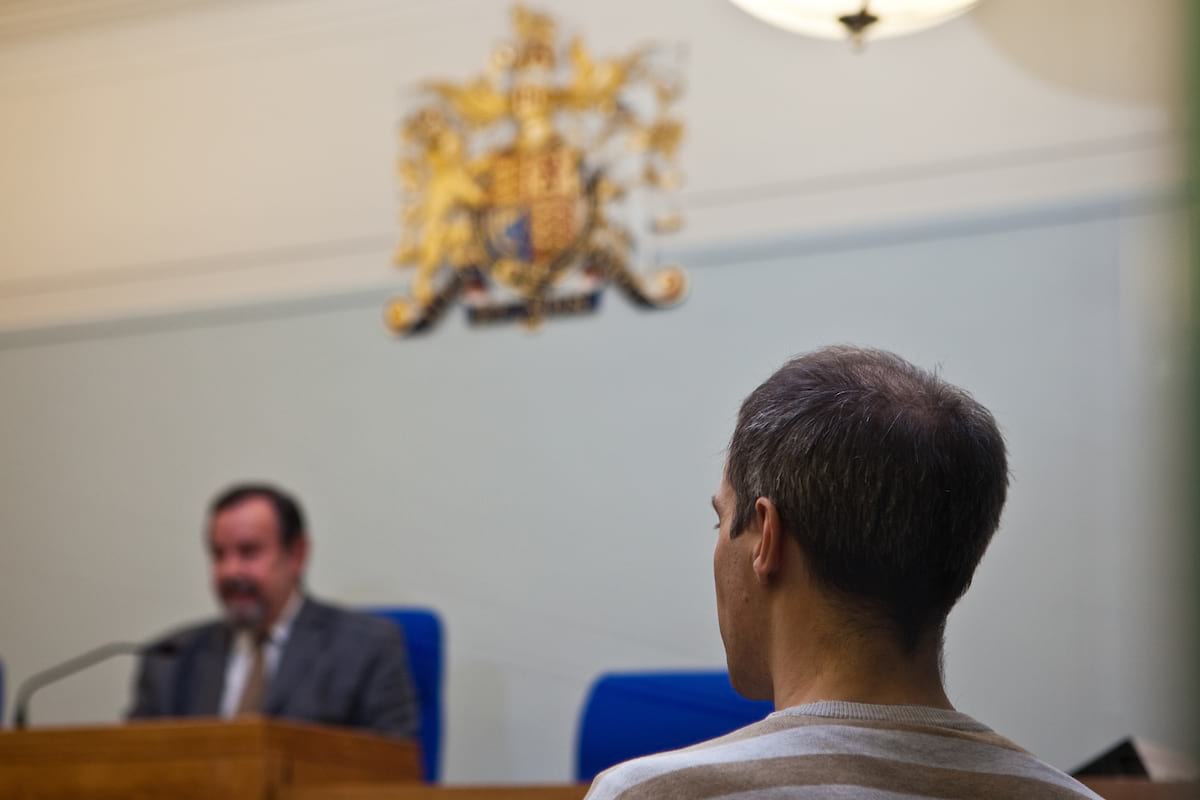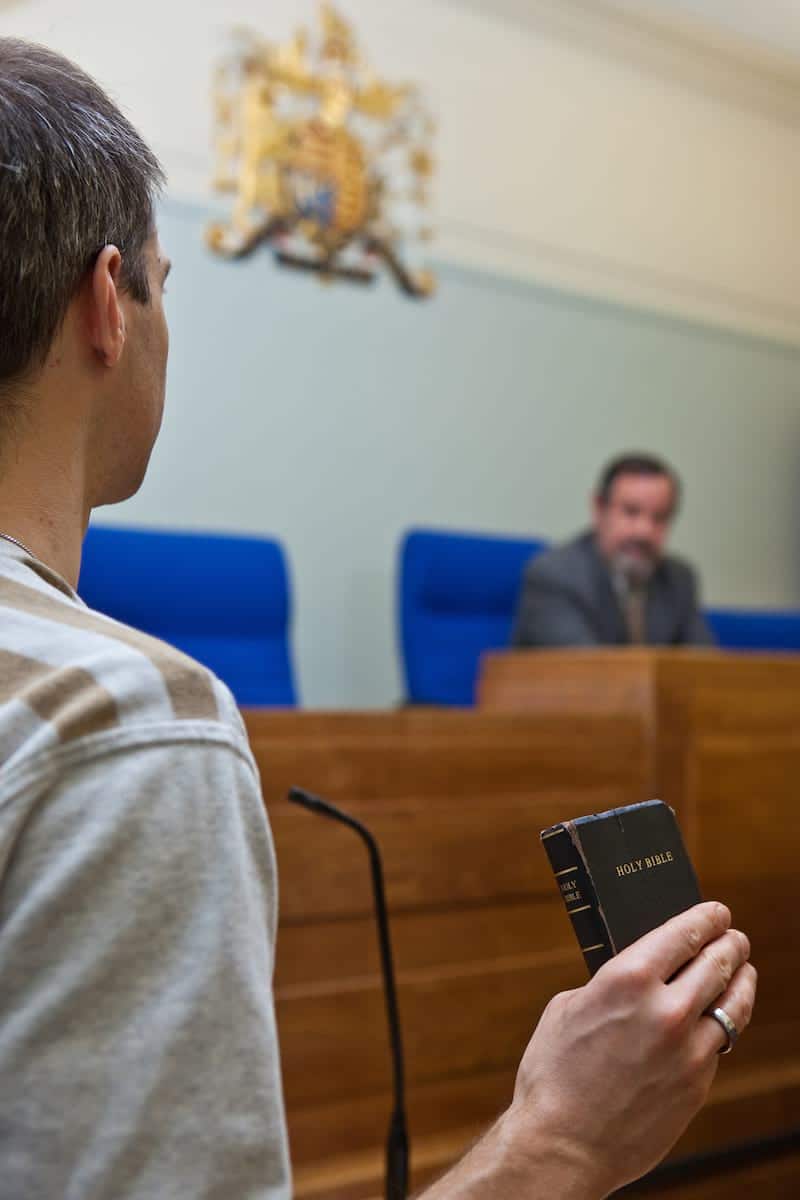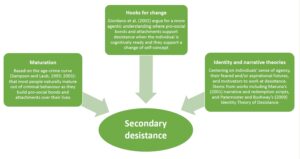Yesterday (20 March 2019), the probation inspectorate published the second in its new series of specially commissioned research papers aimed at exploring the evidence base underpinning probation practice.
Authored by Rob Canton, Professor in Community and Criminal Justice at De Montfort University, Leicester, this paper focuses on the European Probation Rules. (You can read my summary of the first paper in the series which looks at reconciling the evidence from Desistance and What Works here.)
European Probation Rules
The European Probation Rules (EPR) set out basic principles for probation agencies and services, drawing out the implications for organisation, policy and practice. Canton’s paper argues that the Rules have particular value in requiring an ethical foundation for all probation work.
Here is his introduction:
“In the quest to find out ‘what works?’, it is essential that the moral values at the heart of probation are kept in clear sight and that they are realised in policy and in practice. Probation has never been simply a technical process, to be appraised solely in terms of efficiency or even effectiveness, but is fundamentally concerned with how society is to respond to people who have committed crimes. This includes not only principled attempts to reduce their reoffending and thereby to protect the public, but also recognises the duties of society to encourage and support them in their endeavours to change and to give them fair access to those resources of civil society on which they, like everybody else, depend to live a law-abiding life.
The moral worth of probation is established not only through outcomes (rehabilitation, public safety), but also through its processes and day-to-day practices. One plain example is probation’s commitment to opposing unfair discrimination. Measuring outcomes alone cannot demonstrate probation’s moral performance on this dimension, especially when statistical aggregates might conceal differential experiences of service. And if anti-discriminatory practice is that which delivers the best to everyone, there is a need for a clearer appreciation of the rights and obligations that are associated with probation’s work – to determine what ‘the best’ is and what is properly due to service users.
This report argues that human rights should be the basis on which these debates are conducted. The EPR highlights the importance of respecting the rights/needs of victims and the human rights of offenders. The concept of ‘the rights of offenders’ is politically controversial and even provocative. However, rhetorical oppositions such as offenders vs. victims and rights vs. obligations are usually a bad start to considered discussion. The rights of offenders and those of victims are not often in conflict – most aspects of community supervision have no direct bearing on victims – and when they are the matter must be settled by principled consideration.
The obligations of offenders are mostly the same duties that everyone has, with the additional responsibility to comply with the lawfully imposed requirements of their supervision. Some rights may be compromised or even suspended, but most rights – and all the most fundamental ones – are retained by people subject to community supervision. But the rights of people convicted of criminal offences are vulnerable and this is a prominent reason why these matters need detailed attention.
The report argues that the authoritative text of the EPR establishes a platform for ethical practice and represents a secure foundation for probation work. The background to the Rules will be set out briefly and some of their Basic Principles discussed. It will be argued that the Rules deserve to be more widely known in England and Wales and have the potential to guide policy and practice in ways that protect and advance human rights. With all the recent and continuing changes to probation service delivery, the Rules can be seen as more relevant than ever.”
Conclusion
I have to confess to have been largely unaware of the European Probation Rules until now, but I am delighted to have been made aware of them now. This is a particularly timely paper, coming, as it does, when Ministers are deciding the extent to which private companies will play in the future of supervising and supporting offenders.
The European Probation Rules provide an ethical baseline which provides an effective counter-balance to the profit-making function. I am mindful of the probation inspectors’ recent findings that in one of the Community Rehabilitation Companies operated by the (now defunct) Working Links company, staff were falsifying records in order to ensure that the company met contractual targets. In the words of Chief Inspector Dame Glenys Stacey:
“The professional ethos of probation has buckled under the strain of the commercial pressures .”
Thanks to Andy Aitchison for kind permission to use his images which you can find here.










One Response
I came to this site to find out about the rights of my partner whilst on probation,
I feel many areas of his needs are currently not met and are unjust in reasoning.
I hope that this page would help.
It hasn’t, and there is nowhere to be directed to